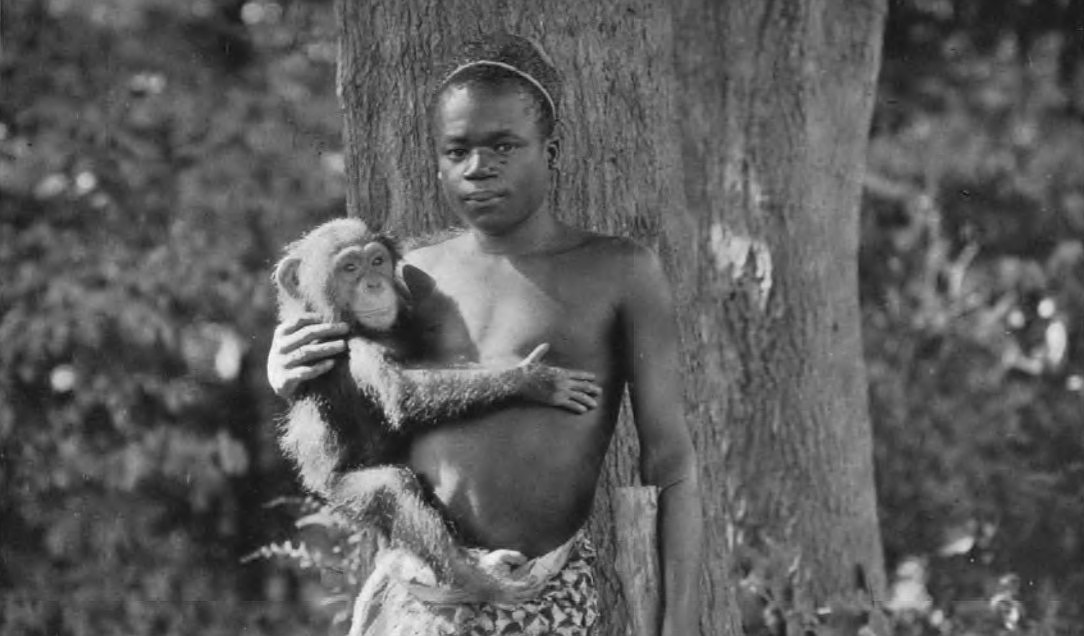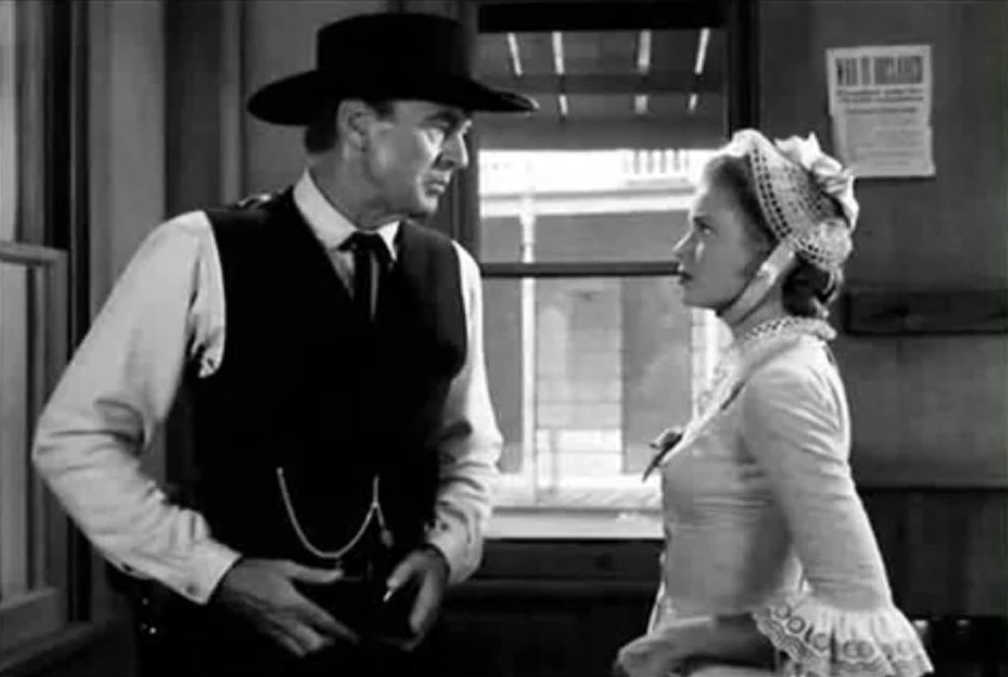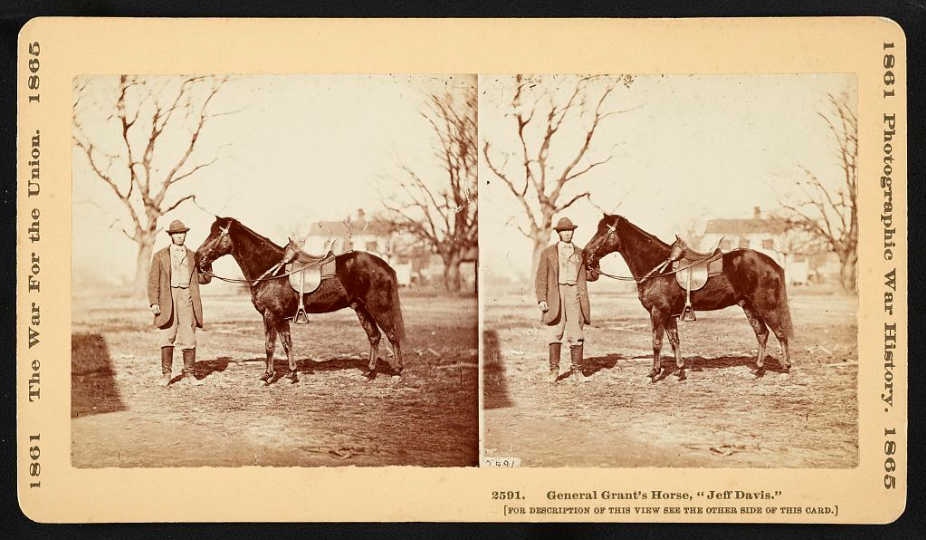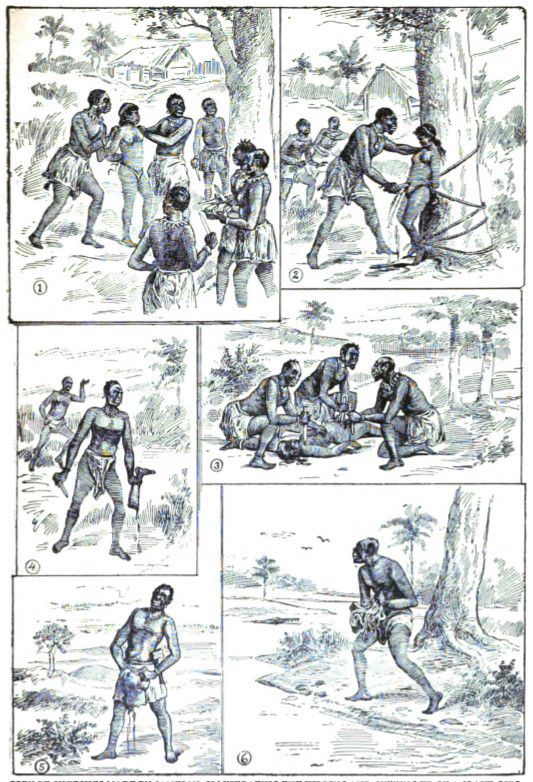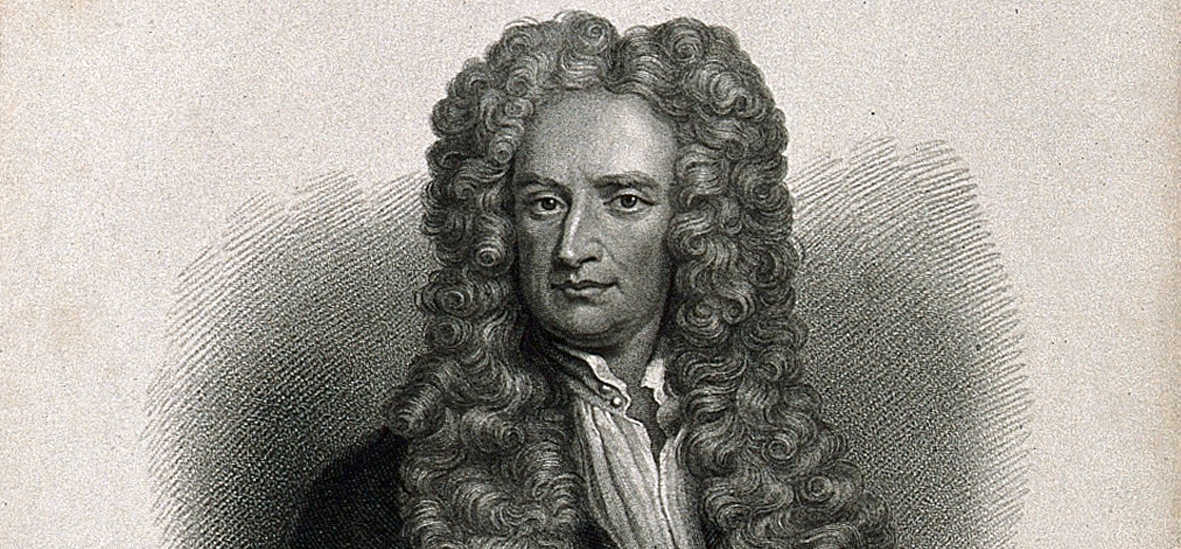
In 1662, while a student at Cambridge, 19-year-old Isaac Newton made a list of 57 sins he’d committed:
Before Whitsunday 1662
Using the word (God) openly
Eating an apple at Thy house
Making a feather while on Thy day
Denying that I made it.
Making a mousetrap on Thy day
Contriving of the chimes on Thy day
Squirting water on Thy day
Making pies on Sunday night
Swimming in a kimnel on Thy day
Putting a pin in Iohn Keys hat on Thy day to pick him.
Carelessly hearing and committing many sermons
Refusing to go to the close at my mothers command.
Threatning my father and mother Smith to burne them and the house over them
Wishing death and hoping it to some
Striking many
Having uncleane thoughts words and actions and dreamese.
Stealing cherry cobs from Eduard Storer
Denying that I did so
Denying a crossbow to my mother and grandmother though I knew of it
Setting my heart on money learning pleasure more than Thee
A relapse
A relapse
A breaking again of my covenant renued in the Lords Supper.
Punching my sister
Robbing my mothers box of plums and sugar
Calling Dorothy Rose a jade
Glutiny in my sickness.
Peevishness with my mother.
With my sister.
Falling out with the servants
Divers commissions of alle my duties
Idle discourse on Thy day and at other times
Not turning nearer to Thee for my affections
Not living according to my belief
Not loving Thee for Thy self
Not loving Thee for Thy goodness to us
Not desiring Thy ordinances
Not [longing] for Thee in [illegible]
Fearing man above Thee
Using unlawful means to bring us out of distresses
Caring for worldly things more than God
Not craving a blessing from God on our honest endeavors.
Missing chapel.
Beating Arthur Storer.
Peevishness at Master Clarks for a piece of bread and butter.
Striving to cheat with a brass halfe crowne.
Twisting a cord on Sunday morning
Reading the history of the Christian champions on Sunday
Since Whitsunday 1662
Glutony
Glutony
Using Wilfords towel to spare my own
Negligence at the chapel.
Sermons at Saint Marys (4)
Lying about a louse
Denying my chamberfellow of the knowledge of him that took him for a [illegible] sot.
Neglecting to pray 3
Helping Pettit to make his water watch at 12 of the clock on Saturday night
“We aren’t sure what prompted this confession,” writes Mitch Stokes in his 2010 biography of the physicist. “Some biographers think that it was in response to an inner crisis. Perhaps it was the occasion of his conversion, or at least of his ‘owning his faith.’ We simply don’t know.”

